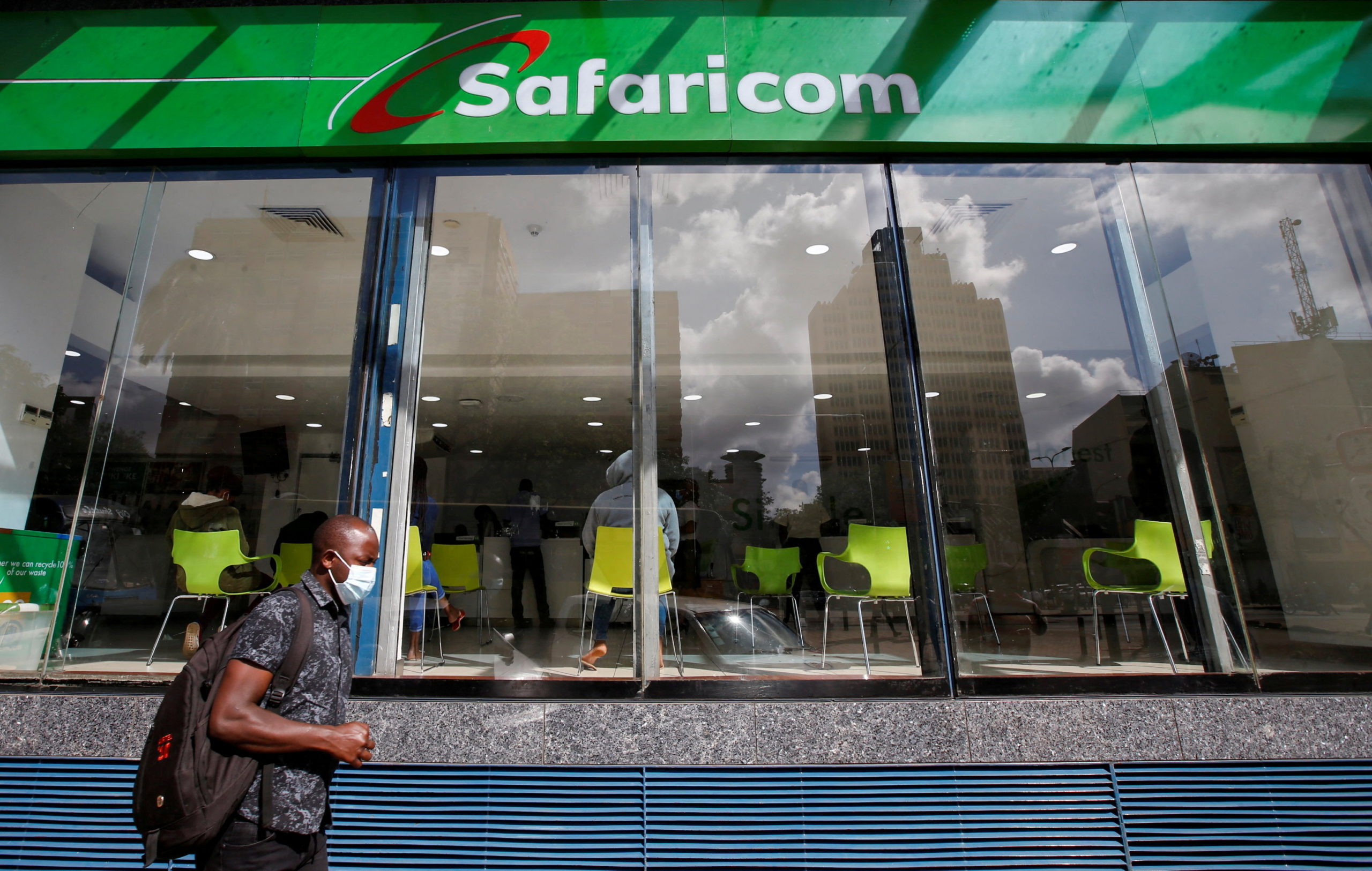
Kenya’s largest telecommunications provider, Safaricom, has formally requested the Communications Authority (CA) to take action that could potentially block satellite internet providers, particularly those like Elon Musk’s Starlink, from operating independently in the country. The move comes as Starlink’s popularity surges due to aggressive pricing strategies, including significant promotions and more affordable monthly plans, which have made the service an attractive alternative for Kenyan internet users.
Safaricom’s Concerns: Regulatory and Competitive Pressures
In a memo dated July 15, 2024, and reviewed by multiple sources, Safaricom urged the CA to mandate that satellite service providers establish agreements with local licensees before being allowed to operate in Kenya. Safaricom’s main argument centers on the potential regulatory challenges posed by allowing satellite ISPs to operate without a physical presence in the country. The telco warned that this could lead to difficulties in ensuring accountability and compliance with local regulations.
“Satellite service providers should therefore not be granted a license directly or independently but rather only permitted to operate under the license rights of a local licensee,” Safaricom stated in the memo. The company expressed concerns that without such a mandate, it would be challenging for the Kenyan government to exercise control over these providers, potentially leading to non-compliance with local laws.
Starlink’s Rapid Growth in Kenya
Since its launch in Kenya in 2023, Starlink has quickly gained a foothold in the market, capitalizing on its unique offerings and the absence of stringent local regulatory oversight. The satellite internet service has seen its user base grow significantly, thanks to discounts on hardware and the introduction of a more affordable $10 monthly plan. In August 2024, Starlink further enhanced its appeal by introducing a $15 monthly kit rental plan, making its services accessible to a broader range of customers who may find the $350 hardware purchase prohibitive.
This rapid growth has not gone unnoticed by local players like Safaricom, which currently holds a 36.7% share of the Kenyan data market. The telco has acknowledged the competitive threat posed by Starlink and is reportedly exploring the possibility of launching its own satellite internet service to counter Starlink’s expanding influence.
Regulatory Challenges and Market Impact
Safaricom’s request to the CA is seen as an attempt to protect its market share and prevent satellite ISPs from operating in Kenya without sufficient oversight. The company emphasized the need for the CA to assess the risks associated with allowing these providers to function independently, particularly in terms of regulatory compliance and government control.
The Communications Authority has yet to respond publicly to Safaricom’s request, and Starlink has not issued any statements regarding the memo or its future plans in Kenya. However, the outcome of this regulatory push could have significant implications for the Kenyan internet market, potentially affecting both competition and consumer access to affordable internet services.
As the situation develops, stakeholders in Kenya’s telecommunications sector will be closely watching how the CA responds to Safaricom’s concerns and what it means for the future of satellite internet services in the country.
